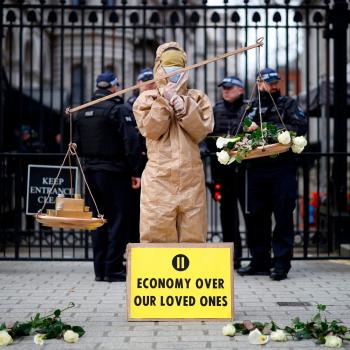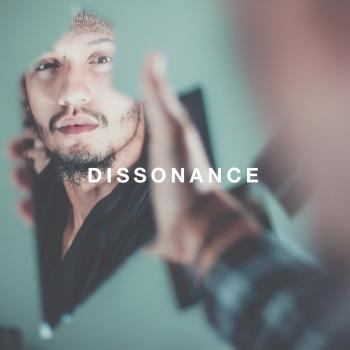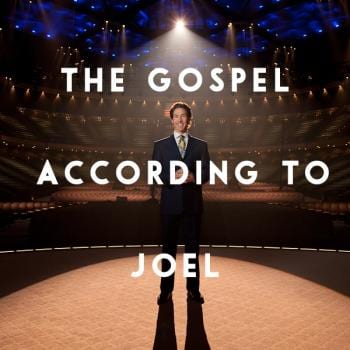I don’t have the strength to perpetually pretend as if I’m someone I’m not. Some say this is courageous but it feels like more of a weakness. Like most, I want to fit in and I want to be liked. The thing is, growing up in white evangelicalism I didn’t fit in, everything including the way I looked to the experiences I had were different.
I tried really hard to pretend and warp into who everyone wanted me to be. But it was a double-edged sword deciding between the choice of being accepted as someone I’m not or the choice of being rejected for who I actually am.
I wrote a while back that, “I don’t talk with many Christians these days my heart just can’t take that kind of beating anymore.” But inevitably I’ll run into pastors, seminarians, and past Christian friends. It’s a small town and the Christian community is even smaller, I grew up here, so people know how much my writings have ostracized me from them. I catch myself wondering at times if these people pity me, but I think this is just my fear and desire to be liked and understood. I would be lying if I said that this to some extent doesn’t bother me, it does, but I think this is why I stayed so long, or rather, kept going back, fear of what they thought.
I wanted to be liked; I wanted to convince them that I was worth loving and that my differences had value. I wanted nothing more than to be affirmed and told that I was enough for them. I was always present but I never felt as if I was truly or fully accepted. It was a bizarre and damaging burden in feeling as if I was the burden.
You know how they say if you hear something over and over enough times you’ll eventually believe what you’re hearing? I think that’s what happened to me in regards to the church. I was taught that I was depraved and sinful and that the church is the only place where I’ll find freedom and grace. Here’s the thing, it wasn’t done in some scary “brimstone and fire” type way; it was more of a loving and well-meaning and gentle approach, the way in which you know the person really does have the best intentions. So I stayed, searching for freedom and grace believing that I was simply not searching hard enough or believing correctly, and that is why I had not found it.
I believed I was the problem, worse than this was the constant feeling that I was someone they had to endure rather than someone who had something to offer.
The church is where I heard about freedom and grace, but not where I experienced freedom and grace because I never felt safe enough to truly be myself.
How can we connect with people if we never feel safe enough to allow them to know us?
I think this is why they say that the pastoral position is one of the loneliest jobs, and why so many pastors suffer from depression and burnout. It’s lonely to constantly live your life pretending to be someone you’re not. Christian culture, it sets these expectations that one must be someone better than who they already are, these expectations are not just unachievable, but they set in place a destructive belief that who you are is not good enough.
Rejecting this is why I’ve become more and more okay with being called a heretic, written off by peers, or unfriended by past Christian friends – this is not to exclude or ignore the times in which it does hurt – but only to emphasize that it’s better to be rejected for who you are than to be accepted for someone you’re not. Yeah, you’ll inevitably have fewer friends but you’ll be better off.
If you read some of the emails I’ve received, or comments I’ve deleted the reactions to my writings by these people, as insecure about it as I can be, are just evidence to what I’m trying to say: that if I ever said something off-script that challenged their system and didn’t conform to what they wanted I wouldn’t be accepted. I don’t think that they want me so much as they wanted someone they could control.
In the last 5-years I’ve learned that there is no pastoral position, no Christian-career, no single person worth losing your autonomy over. It’s an amazing thing to learn that who you are is enough. It’s even more amazing to see how much you can accomplish by just being yourself.
It makes me wonder how many others are trapped in a life playing the part of someone or something others want them to be, instead of embracing who they already are…?
[I write this knowing that there are many who have been traumatically hurt and abused by the Church, and that this is why they no longer go or associate themselves with the Church my hope is to continue a short series that will be sporadic on healing from hurt, or rather, recovering from trauma. Although this is more of a personal narrative the other posts will be more practical, referencing materials from Judith Herman, Babette Rothschild, Jon G. Allen, et. al on how to recover from spiritual and/or religious abuse]












